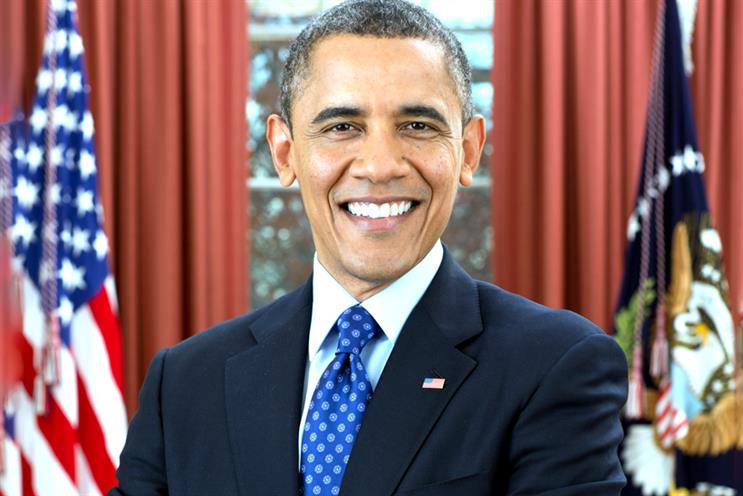Not that anyone minded as competition for tickets was hotter than Glastonbury or the finals at Wimbledon, combined.
Obama’s principle pitch was on how his government has been encouraging people in the private and non- profit sector to be part of the broader civic community to catalyse positive change. He discussed the three challenges his government faces.
First, how government can work better through technology, citing digitalisation of the student aid process and enabling people to apply for social security online across government agencies as examples.
Second, tackling big problems in new ways. He cited the emerging approach of precision medicine through understanding the human genome better.
And third, using data and analytics to make civic participation easier and to increase voter turnout.
Bloated government versus agile tech
Throughout the 50 minute keynote, Obama made it clear he wants the talent represented in Austin to help new ideas come to the fore and help solve these big problems.
Host Evan Smith, CEO and editor-in-chief of The Texas Tribune, challenged whether Obama could reconcile a culture of bloated government with a slick, agile tech culture.
He also asked why the tech community would want to help government. Somewhat sheepishly, Obama used the healthcare reform example whereby, in his own words, the cool early adopter president was undermined by the website not working at first.
He blamed this squarely on government procurement systems, which hadn't adapted to buying software - treating it like procuring furniture or boots. (So even when you are POTUS, you still get to blame everything on procurement!) His solution was to call in his friends from Silicon Valley to build a world class ’tech SWAT’ team working in- house.
Dubbed US Digital Services, the team is formed of talent from tech giants seconded to the government for anywhere between six months to two years. The idea is to boost efficiencies in the government’s digital operations.
Mistrust in the government
Naturally, there was some discussion of US politics, and why there was universal distrust of the government.
Obama’s argument was that much of the good work done by governments goes unreported as not newsworthy and that much frustration stems from low-level and poor interactions with vehicle licensing or the IRS, which could be made better through digital.
The fear is the government will get into our smartphones whenever they like, without probable cause or oversight.
Obama was pointedly asked about Wall Street Reform and again he elegantly insisted that lots had changed since the crash (for example, derivatives were now on a clearing house platform) and there was far more stability through higher capitalisation, but the perception is that nothing has changed.
Indeed having watched 'The Big Short' on the plane on the way over, it’s not hard to see why most folk support this view. Obama, not surprisingly, blames the media for perpetuating this.
He returned to his theme that he cannot solve problems in government and society unless the electorate pays attention.
And although attention spans have declined, so we need to take democracy back by greater civic engagement through digital (despite many disadvantaged groups not being in the digital space).
As if to counter criticism about getting more people online, he quoted his record on getting unemployment below 5% and avoiding another Great Depression (thanking himself, somewhat uncharacteristically).
Obama’s view on encryption
Obama was also asked about the stand-off between tech firms, led by Apple, and the FBI over an encrypted iPhone 5C owned by one of the San Bernadino gunmen.
Obama argued that society was built on the US Constitution and Bill of Rights, and of course we all value our privacy.
Before phones, if the police had probable cause to suspect wrongdoing they could enter your property with a warrant to search your house. But today, with accelerating technology, the fear is the government will get into our smartphones whenever they like, without probable cause or oversight.
Obama went on to discuss Edward Snowden leaks, stating that it vastly overstated dangers to US public but did identify excesses overseas which had now been fixed.
But he added it had raised suspicions about government snooping, something which again had been exacerbated by the media. The president expressed concerns over stronger encryption and the potential of having no access.
He asked how the we could apprehend the child pornographer, the terrorist or enforce taxes if everyone walked around with Swiss bank accounts in their pockets.
During his talk, Obama was evidently anguished over the clash between civil liberties and the need for government oversight, but added that the tech community needed to be part of efforts in finding a middle ground.
He said he had heeded warnings of what the future could hold if this doesn't happen now – draconian policy being rushed through as a kneejerk reaction to some major event. Obama ended his keynote with a call to action for the tech community: step up and get involved to make government services better.


